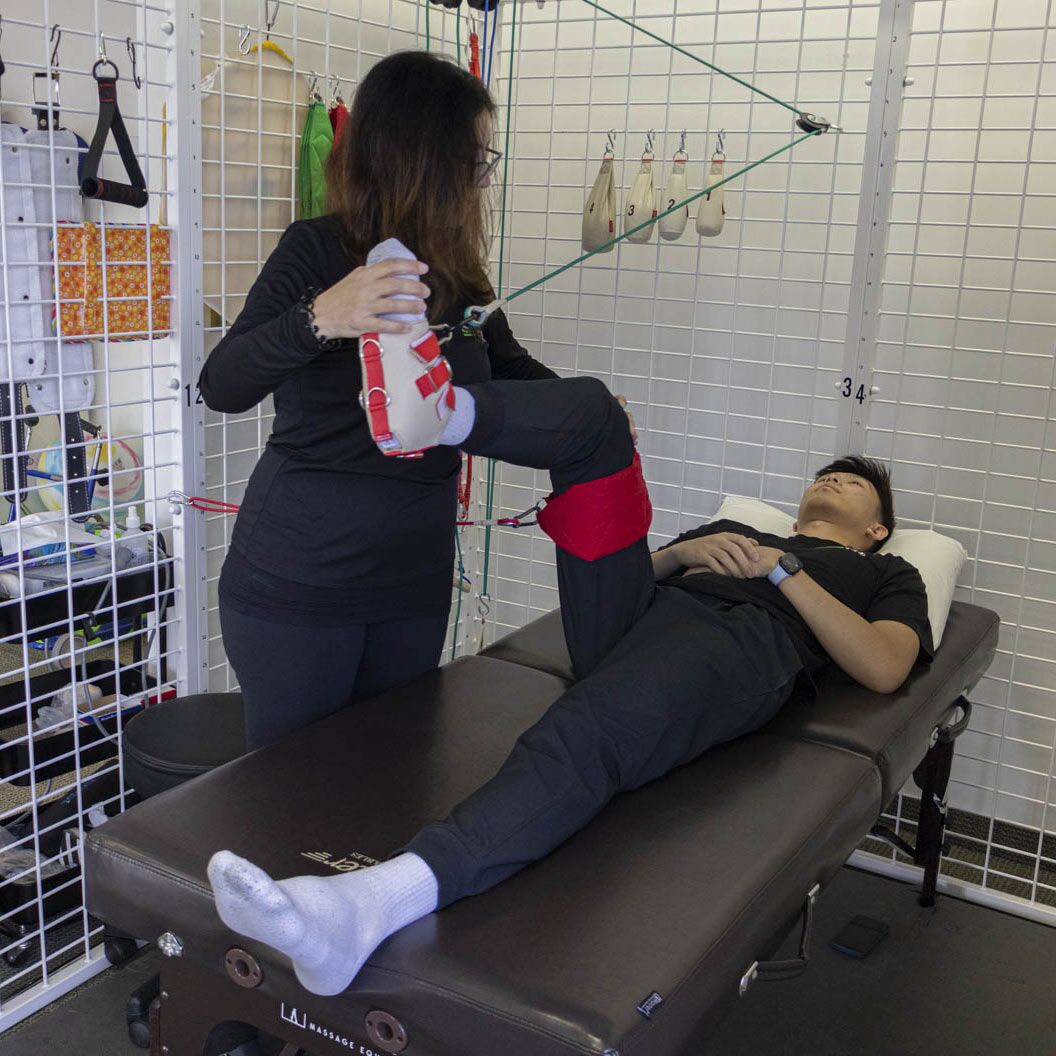Improving Efficiency and Reducing Injury Threat through Thorough Evaluation of Balance and Steadiness via Practical Movement Screening.
Improving Efficiency and Reducing Injury Threat through Thorough Evaluation of Balance and Steadiness via Practical Movement Screening.
Blog Article
Balance and stability are crucial elements of bodily wellness and general well-being. They serve a critical part in everyday tasks, athletic capability, and harm prevention. When an individual has good balance and stability, they are less likely to fall or sustain injuries during physical activities. One effective way to evaluate these qualities is through Functional Movement Screening (FMS). FMS is a tool used to evaluate movement patterns and identify imbalances or weaknesses that could lead to injuries.
Functional Motion Screening involves a series of specific tests that examine how well a individual functions. The tests concentrate on basic actions such as squat, lunge, and flexing. By watching these actions, coaches and medical experts can identify areas where an individual may struggle. For instance, if someone has difficulty keeping equilibrium while executing a squatting, it may indicate a need for targeted exercises to improve strength and coordination. This assessment not only identifies weaknesses but also helps to monitor advancement over time.
In addition to this to identifying areas for enhancement, FMS plays a vital role in preventing injuries. Many injuries occur as a consequence of inadequate motion patterns, which can be identified through practical evaluations. By tackling these problems early on, individuals can lower their risk of injury during sports or other physical activities. For instance, a jogger who shows an discrepancy in their gait may be back pain therapy more susceptible to knee injuries. By correcting these discrepancies through targeted exercise programs, the likelihood of injury can be substantially reduced.
Additionally, enhancing performance is another benefit of performing a thorough evaluation of balance and stability. Athletes and engaged persons often seek to improve their performance in specific sports or exercises. A comprehensive understanding of their movement patterns allows coaches to therapeutic exercise create personalized training programs that target specific weaknesses. By enhancing equilibrium and steadiness, athletes can enhance their total capability, whether it’s running faster, leaping taller, or executing precise actions in their activity.
In conclusion, the importance of evaluating balance and stability through Practical Movement Screening cannot be exaggerated. This comprehensive assessment serves as a basis for enhancing physical fitness, avoiding injuries, and improving sporting capability. By identifying areas of deficiency and putting into action targeted training approaches, people can attain better results in their physical exercises. Emphasizing balance and steadiness not only leads to improved capability but also contributes to a healthier, more active way of life.